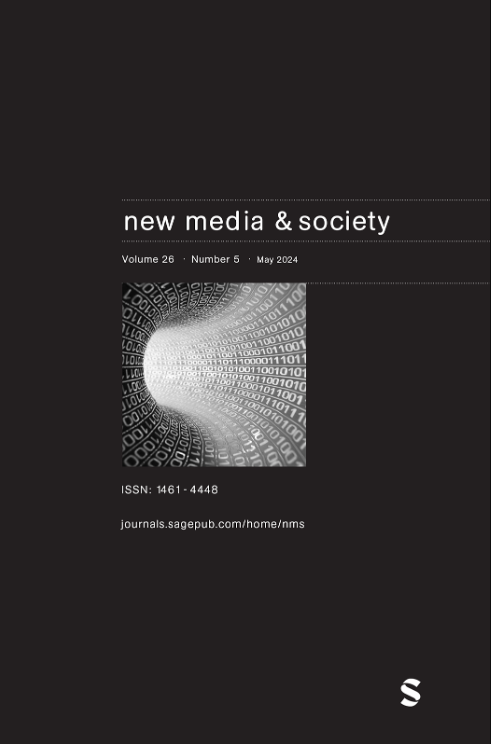海洋的数字双胞胎:潮湿的环境媒体和海洋的未来
IF 4.3
1区 文学
Q1 COMMUNICATION
引用次数: 0
摘要
欧盟的海洋数字孪生(DTO)是一个连贯的、高分辨率的、多维的、多变量的、接近实时的海洋表示,它将新的数据源与先进的建模、人工智能和高性能计算相结合。海洋生态系统和数字孪生体之间的双向信息交换旨在创建数字和物理领域之间的反馈回路,这是环境媒体的象征。欧盟的愿景是,DTO将赋予公民权力,为政治家提供信息,支持蓝色经济,并改善海洋环境保护。DTO的社会技术想象呈现了一种叙事,即通过使用复杂的数字技术可以在可持续开发和保护之间取得平衡。但是,这种技术官僚对世界海洋的控制有什么利害关系?这种控制从何而来?数字双胞胎最终将服务于谁的利益?在历史和环境背景下,DTO迎合了可持续发展的目标,但在新数字技术的幌子下,其风险掩盖了持续的不可持续的发展和增长。我们使用环境媒体和社会技术想象的理论镜头来批判性地解开这种叙述及其历史偶然性,并展示通过数据化和技术发展的面纱如何系统地掩盖困难的目标冲突。本文章由计算机程序翻译,如有差异,请以英文原文为准。
Digital twins of the ocean: Wet environing media and marine futures
The EU’s Digital Twin of the Ocean (DTO) is presented as a coherent, high-resolution, multi-dimensional, multi-variable and near real-time representation of the ocean that integrates new data sources with advanced modeling, artificial intelligence and high-performance computing. The two-way exchange of information between marine ecosystems and the digital twin is intended to create a feedback loop between the digital and physical realms that is emblematic of environing media. The EU’s vision is that the DTO will empower citizens, inform politicians, support a blue economy, and improve protection of the marine environment. The sociotechnical imaginary of the DTO presents a narrative that a balance between sustainable exploitation and conservation can be had through the use of sophisticated digital technology. But what is at stake in this technocratic control over the world ocean, and where does it come from? Whose interest will digital twins ultimately serve? Understood in its historical and environmental context, the DTO caters to the aims of sustainable development, but risks veiling continued unsustainable development and growth under the guise of new digital technologies. We use the theoretical lens of environing media and sociotechnical imaginaries to critically unpack this narrative and its historical contingencies, and show how difficult goal conflicts are systematically glossed over through a veil of datafication and technological development.
求助全文
通过发布文献求助,成功后即可免费获取论文全文。
去求助
来源期刊

New Media & Society
COMMUNICATION-
CiteScore
12.70
自引率
8.00%
发文量
274
期刊介绍:
New Media & Society engages in critical discussions of the key issues arising from the scale and speed of new media development, drawing on a wide range of disciplinary perspectives and on both theoretical and empirical research. The journal includes contributions on: -the individual and the social, the cultural and the political dimensions of new media -the global and local dimensions of the relationship between media and social change -contemporary as well as historical developments -the implications and impacts of, as well as the determinants and obstacles to, media change the relationship between theory, policy and practice.
 求助内容:
求助内容: 应助结果提醒方式:
应助结果提醒方式:


